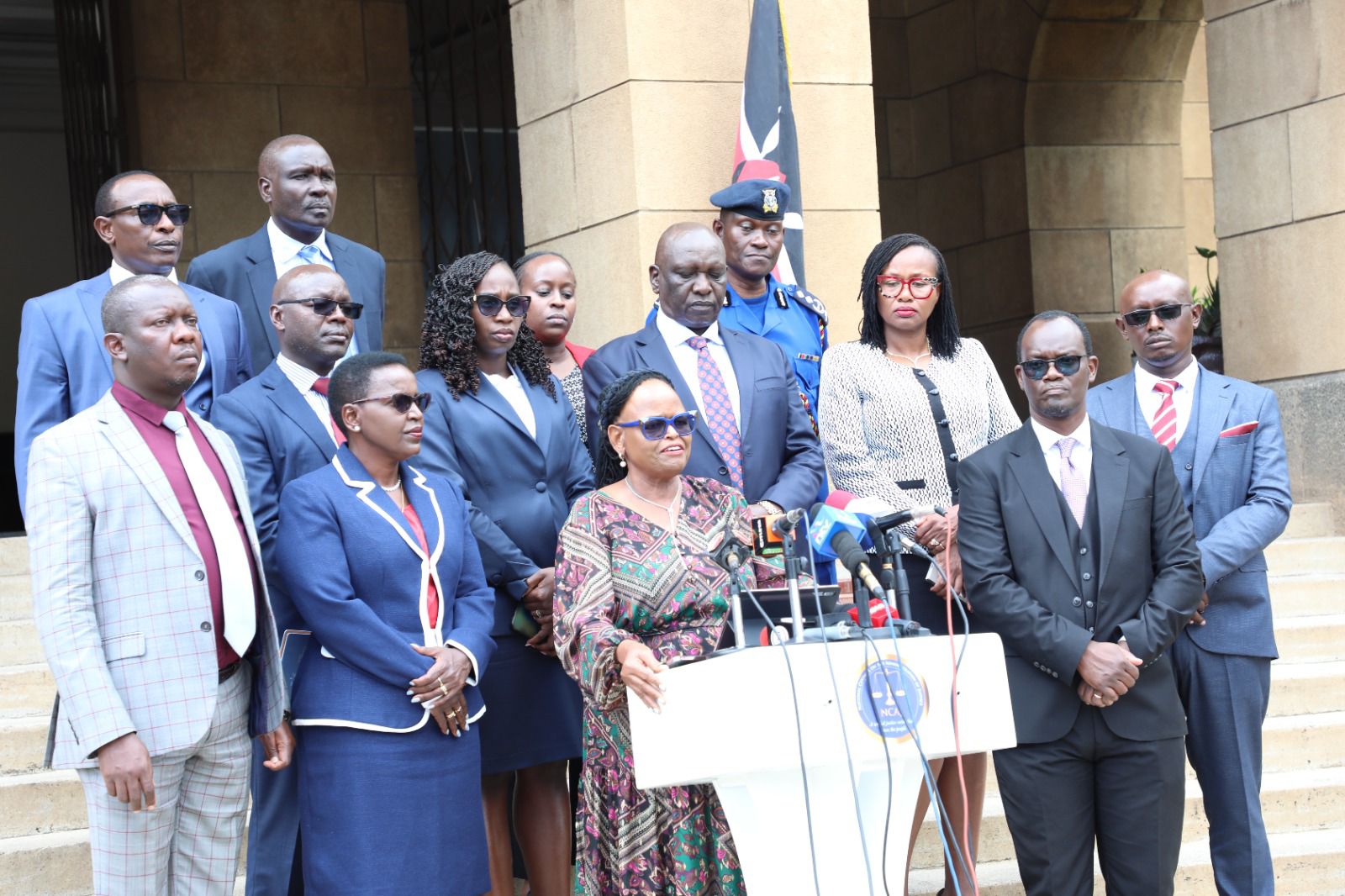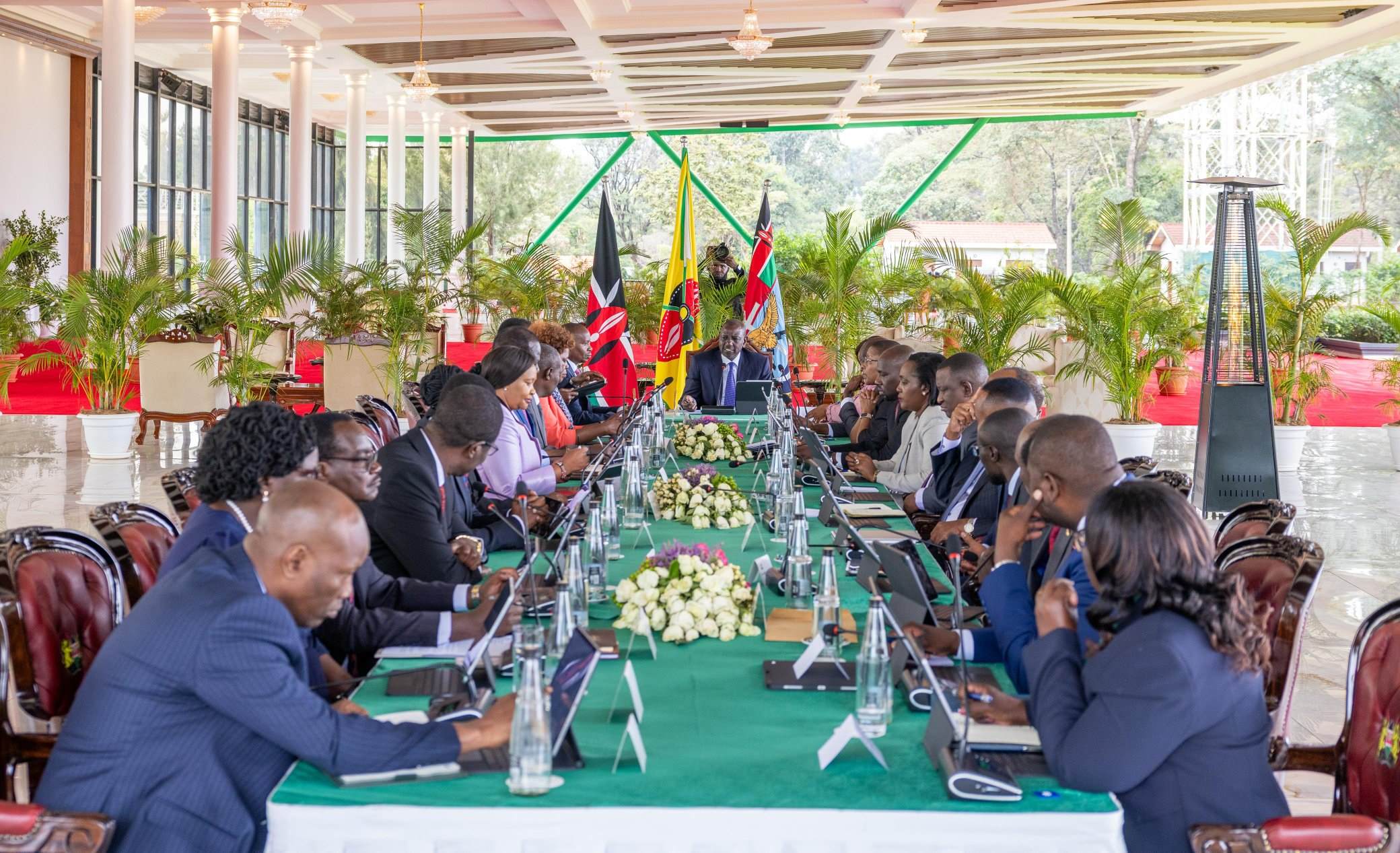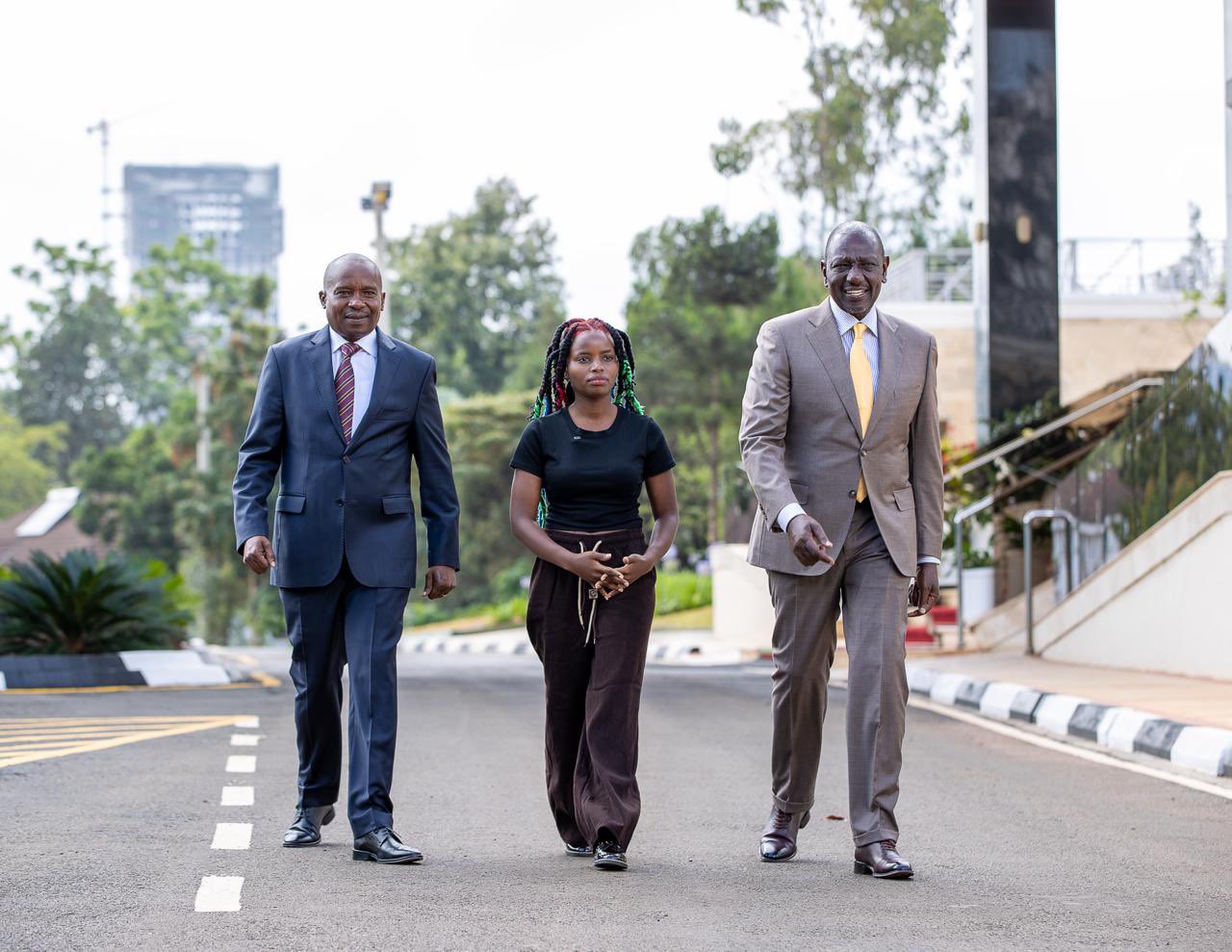Govt plans to scrap repeated fingerprint requirement for clearance certificates

He explained that the vision is to have a central platform where citizens’ fingerprints and records are safely stored, removing the repetitive steps that currently burden individuals.
Public Service Cabinet Secretary Geoffrey Ruku has disclosed that the government is exploring measures to simplify the process of obtaining police clearance and certificates of good conduct by removing the need for repeated fingerprint submissions.
During an interview on KTN News on September 1, 2025, Ruku said the initiative is part of a broader public service reform aimed at creating a unified and efficient digital government.
More To Read
- Bribery allegations, drama mar Mbeere North by-election
- Auditor General Nancy Gathungu warns of pension losses as government delays remittances
- Three senior NYS officials suspended in Sh2 billion scandal probe
- Kenya School of Government cancels hundreds of fake certificates in major crackdown
- PSC, KNEC roll out digital checks to tackle fake certificates in civil service
- Government launches nationwide crackdown on rogue HR officers over payroll manipulation, illegal tax exemptions
He explained that the vision is to have a central platform where citizens’ fingerprints and records are safely stored, removing the repetitive steps that currently burden individuals.
“At the moment, if you want to get a police clearance certificate, you have to walk or drive somewhere and give your fingerprints every year. Is it possible to have fingerprints stored once and for all, and not be required again and again?” he posed, pointing to a plan to have a centralised system.
The CS said a centralised system would not only reduce costs but also ease the process for Kenyans, who often face delays and unnecessary steps when applying for documents.
He added that the same system could remove the need to attach multiple certificates and documents, as institutions would be able to verify information digitally.
Ruku highlighted ongoing initiatives such as the digital platform under universal healthcare, which has simplified access to medical services, as an example of how similar systems could be applied to education and employment verification.
He said that linking records would allow agencies to instantly confirm qualifications or work history without requiring individuals to submit hard copies.
The CS further explained that digitisation would help tackle long-standing issues, including fake certificates, falsified ages used to delay retirement, and inefficiency in service delivery.
“We need to have an efficient public service that addresses the needs of young people. The average age in Kenya is 22 years, and they want services straight from their mobile phones, without unnecessary bureaucracy,” he said.
While emphasising the benefits, Ruku cautioned that reforms must also safeguard sensitive information from cyber threats. He stressed that protecting national data will be as important as improving service delivery.
This plan builds on earlier reforms led by Ruku. In July, he announced the creation of a mobile app to monitor civil servants’ attendance and performance. The app, which will be mandatory for all public officers, is expected to reduce absenteeism and eliminate ghost workers.
Top Stories Today
















































